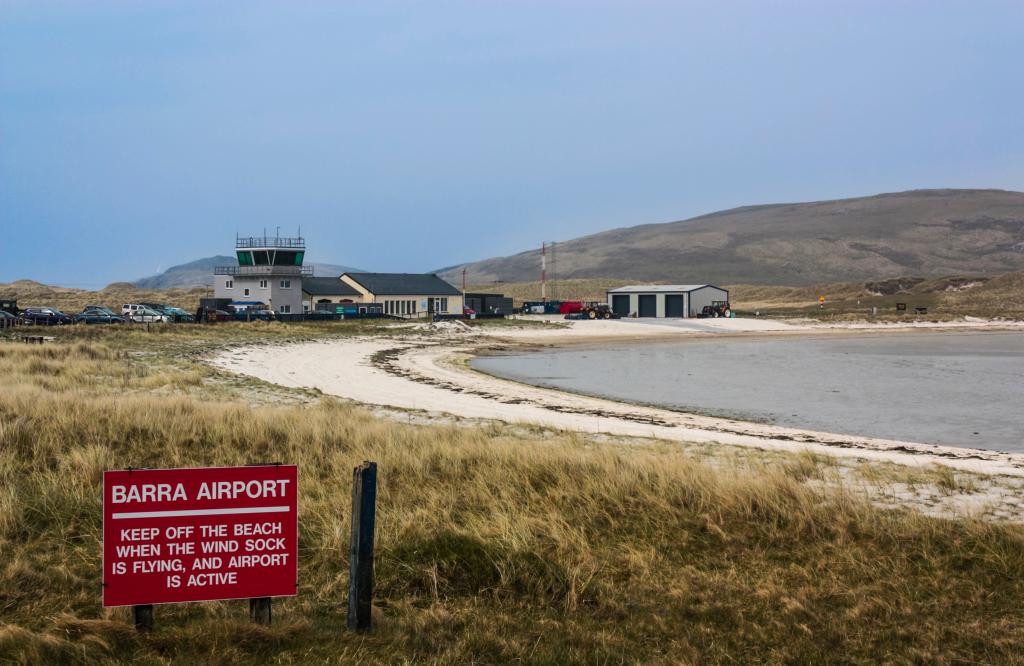The plight of Russell Findlay reveals a lot about how politics works. Findlay was elected leader of the Scottish Conservatives in September 2024, by which point the party’s vulnerability to Reform was already clear. The Holyrood Tories were not made for a populist era. They are a patrician party of the cosy centre, chiefly concerned with the Union, taxes and crime, and so Findlay’s populist style has not been welcomed by some of his MSPs. One of them, Jamie Greene, has defected to the Liberal Democrats and, whether any of his former colleagues join him, there are several who no longer seem at home in the Tory Party.
Findlay’s unvarnished opposition to gender ideology in schools, the NHS and criminal justice has played its part, but more than any policy position it is his tone that bothers a certain kind of Tory. Well-heeled Conservatives who live in affluent areas and want their friends and acquaintances to know that they’re Nice Respectable Tories, not like these Brexiteers and Farageists and, ugh, culture warriors. There is a sense in which they consider Findlay not only wrong but worse – vulgar.
His speech on Thursday distancing the Scottish Conservatives from the current consensus on a ‘just transition’ to Net Zero will not go down well with these sorts of Conservatives. The devolved SNP government at Holyrood says Scotland will become carbon-neutral by 2045. Findlay used the address to denounce this ‘ill-conceived, inconsistent, chaotic and fundamentally dishonest’ policy, which he said would ‘cause huge harm to our lifestyles’, was already ‘crippling our manufacturing sector’, and risked ‘making families and our country poorer and less secure’. Findlay said he was relaxed about the target being scrapped and the focus of emissions reduction shifting from ‘justice’ to affordability. He wants domestic oil production and says North Sea jobs should take priority over Net Zero.
This speech ought to give pause to Conservative voters itching to vote for Reform out of exasperation with their party. Findlay is speaking their language. But are they still listening? The polling numbers would suggest not.
Under previous leader Douglas Ross, the Scottish Tories took 23 per cent of the regional list vote in 2021, their highest ever share in a Scottish Parliament election, enough to retain the 31 seats won by Ruth Davidson five years earlier and maintain the party as the official opposition at Holyrood. At this time, the Conservatives had two policies – ‘no second independence referendum’ and ‘we hate Nicola Sturgeon’ – and these kept the right flank on board while pinching some blue collar and baby boomer Labour voters.
Then the golden goose resigned and the Supreme Court took the wind out of the independence movement. The Scottish Tories exist to be against things and have yet to adapt to those things no longer being relevant. The punters – to say nothing of the party itself – have no idea what the Conservatives are for. The last time they polled 23 per cent on list voting intentions was September 2021. Findlay’s peak thus far is 16 per cent.
There is a certain irony in right-wing voters complaining that the Conservatives never listen to them, then when the party pulls on the jackboots, those same voters barely seem to notice. Voting for Reform might be too much of a release valve at this point and disaffected Tories too hellbent on cracking it open for Findlay’s rightwards tilt to make any difference. However, anyone assuming that his populist makeover of the Scottish Tories has failed would be misunderstanding the political dynamics of our current moment.
The constituency for a socially liberal, fiscally conservative party of the centre is much diminished and likely to continue depleting. Polarisation can open up new spaces for moderates who reject both extremes, but any attempt to reposition the Scottish Tories here would hit the same electoral brick wall: a very large number of socially liberal voters would never consider voting Conservative. This would leave the party addressing right-wing voters in centre-left terms, sure to send even more of them hurtling into the arms of Nigel Farage.
Findlay is in much the same position as Kemi Badenoch. He must regain the trust of voters not yet ready to give the Conservatives another hearing. That’s no reason to despair, though. There is still a year to go before the next devolved elections and an opportunity for Findlay to go further in defining his party against the Holyrood centre-left consensus on no-go issues like immigration and welfare. His Net Zero speech confirms that Findlay understands where the voters are. He needs to lead his party to the same place, whether they like it or not.








Comments